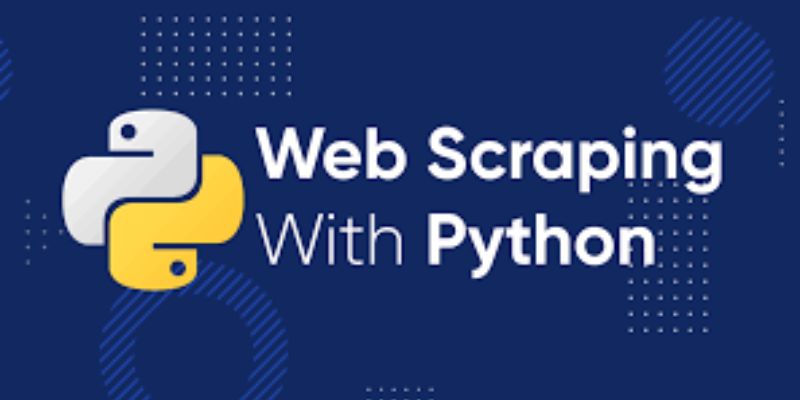
In the vast landscape of programming languages, Python stands out as a versatile and powerful tool. One of its most intriguing applications is web scraping, a technique used to extract data from websites. Web scraping opens doors to a wealth of information, from gathering market data to extracting news headlines or monitoring competitor prices. In this blog post, we’ll delve into the world of web scraping with Python, exploring its capabilities, tools, and best practices. Are you looking to advance your career in Python? Get started today with the Python Training in Chennai from FITA Academy!
What is Web Scraping?
Web scraping involves extracting data from websites by sending a request to the web server and parsing the HTML or XML content returned. This technique allows us to collect information that isn’t readily available through APIs or databases. With Python’s libraries, such as Beautiful Soup and Requests, web scraping becomes accessible even to beginners.
Getting Started with Beautiful Soup
Beautiful Soup is a Python library designed for quick and easy web scraping. It provides functions to navigate the HTML structure of a webpage and extract the desired data. Installation is simple using pip:
pip install beautifulsoup4
Once installed, we can start extracting data. For example, to scrape a webpage’s title and print it:
import requests
from bs4 import BeautifulSoup
url = ‘https://example.com’
response = requests.get(url)
soup = BeautifulSoup(response.text, ‘html.parser’)
title = soup.title.text
print(‘Page Title:’, title)tle)
Navigating the HTML Structure
Understanding HTML structure is crucial for effective web scraping. We can inspect a webpage’s elements using browser developer tools. For instance, to extract all paragraph elements:
paragraphs = soup.find_all(‘p’)
for p in paragraphs:
print(p.text)
We can also find elements by class or id:
specific_element = soup.find(‘div’, class_=‘classname’)
Handling Pagination and Dynamic Content
Some websites load content dynamically, making traditional scraping challenging. Python libraries like Selenium can handle such scenarios. Using Selenium WebDriver, we can simulate a user interacting with a webpage. For instance, to scrape a dynamically loaded page:
from selenium import webdriver
url = ‘https://example.com’
driver = webdriver.Chrome()
driver.get(url)
# Scroll to load more content
driver.execute_script(“window.scrollTo(0, document.body.scrollHeight);”)
# Now, extract data
Learn all the Python techniques and Become a Python developer Expert. Enroll in our Python Training in Chennai.# Now, extract data
Best Practices and Ethics
While web scraping is a powerful tool, it’s essential to use it responsibly and ethically. Here are some best practices:
- Respect websites’ robots.txt file to avoid scraping prohibited content.
- Set reasonable scraping intervals to avoid overwhelming servers.
- Check a website’s terms of service for scraping guidelines.
- Be mindful of copyright laws and data privacy.
Putting it All Together: Practical Example
Let’s create a simple program to scrape news headlines from a website:
import requests
from bs4 import BeautifulSoup
url = ‘https://example-news-site.com’
response = requests.get(url)
soup = BeautifulSoup(response.text, ‘html.parser’)
headlines = soup.find_all(‘h2’, class_=‘headline’)
for headline in headlines:
print(headline.text).text)
Web scraping with Python opens doors to a vast array of possibilities for data collection and analysis. With libraries like Beautiful Soup and tools like Selenium, extracting information from websites becomes efficient and accessible. However, it’s crucial to scrape responsibly, respecting websites’ guidelines and legal considerations. Whether you’re monitoring market trends, gathering research data, or simply exploring the web’s vast information, web scraping with Python offers a powerful toolkit at your fingertips. Looking for a career as a python developer? Enroll in this professional Programming Languages Institutes in Chennai and learn from experts about Important Programming Basics in Python, Loops, Control Statements, Functions, Modules and Packages in Python.
Read more: Python Interview Questions and Answers
